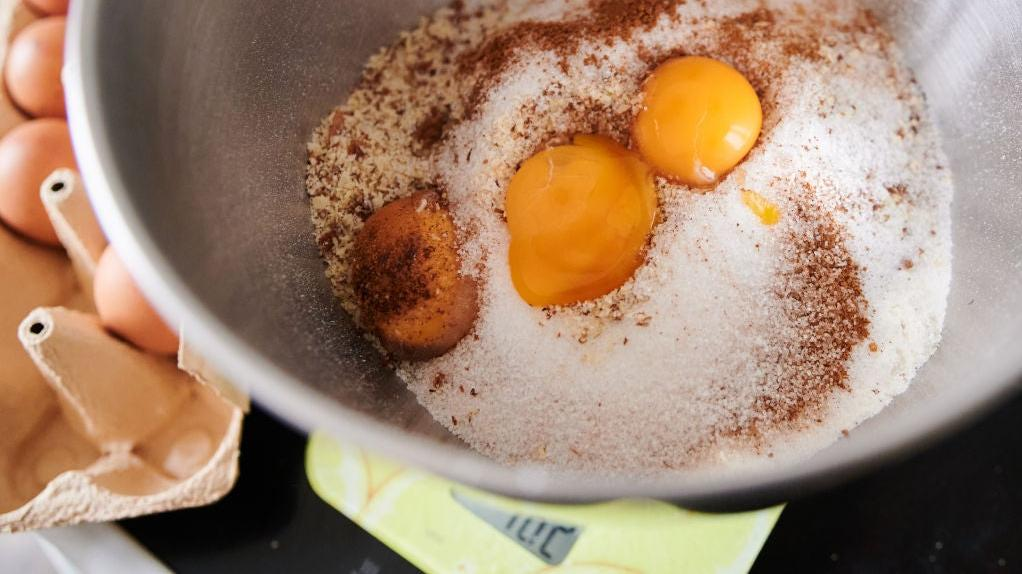Attention Instagram Bakers: A New Illinois Law Will Support Home Baking Businesses
A new law eases restrictions on "cottage foods," previously legally restricted to farmers markets.
The cottage food industry boomed during the pandemic, with home cooks and bakers peddling their tasty wares on Instagram to make an extra buck. Between homemade pastry boxes, arepas whipped up from family recipes, and magical sauces brewed in kitchen sinks, home cooks and bakers are dishing out some of the best grub in their towns, largely via social media word of mouth. But according to Chicago's NPR station, WBEZ, the state of Illinois is behind the times in terms of supporting cottage food entrepreneurs. Fortunately, as WBEZ reports, Illinois state legislators passed a new law loosening restrictions on home cooking and baking aficionados.
Per WBEZ, "cottage food entrepreneurs" is a blanket term for home cooks who formally register with local governments. Cottage foods are what WBEZ describes as "low-risk homemade foods," including pickles, jams, and cookies. Previously, cottage food entrepreneurs were limited to selling at farmers markets with a $1,000 monthly sales cap that preventing most entrepreneurs from moving into costly commercial kitchens. But the new law states that, starting in January 2022, cottage food entrepreneurs can sell via delivery and direct sales to customers beyond farmers markets—without the restrictive $1,000 monthly sales cap.
WBEZ asked Beth Kregor, director of the Institute for Justice at the University of Chicago Law School, to explain in greater detail what this means. Kregor told WBEZ that Illinois is behind the times in terms of supporting culinary entrepreneurs, referencing one Chicagoan who wanted to sell bread from her front porch. "Her neighbors wanted to be able to buy fresh bread from their neighbor's front porch," Kregor told WBEZ. "But it wasn't allowed and she could not convince the local government to pass a law allowing her to do that." With any luck, the new law will support home cooks and bakers across the state of Illinois, especially those in underserved communities—while providing customers with tasty goods in the process.
